Having the Right Tool and Knowing How to Use It Can Make Life Much Better
Over the last couple of weeks, we have discussed why it’s critical to save money for those big irregular expenses and unexpected emergencies. Next, we began the process needed to start building a “Rainy Day” fund by determining how much and for what. The Savings Transfer Sheet is like any other tool, it doesn’t do you any good if you don’t use it.
As is the case with everything that’s worth doing, starting is the hard part. Saving money is no different. It’s like digging a hole.
 What if there’s an underground water line leaking in your back yard. You can see that spot where the grass is green in an otherwise brown lawn. The water bill is more than ever before and getting bigger each month. That doesn’t matter, the prospect of getting your shovel out of the tool shed and digging is more than you can bear to think about. So, you put it off and pretend that it’s not a problem.
What if there’s an underground water line leaking in your back yard. You can see that spot where the grass is green in an otherwise brown lawn. The water bill is more than ever before and getting bigger each month. That doesn’t matter, the prospect of getting your shovel out of the tool shed and digging is more than you can bear to think about. So, you put it off and pretend that it’s not a problem.
The green spot in the yard keeps getting bigger and greener. The water bill keeps getting bigger too. You decide to cover the spot in the back yard with an above ground swimming pool. That took care of it…no more green spot. You know what they say. Out of sight out of mind.
Then one day you get a water bill that is so big you decide that you’ve got to do something. So, you drain the pool, get a shovel and start digging. Then before you know it, you’ve uncovered the pipe, found the leak, made the repair and filled the hole.
That wasn’t near as bad as you thought it was going to be. Once again you are aware that this is one of those times when the overwhelming dread was way worse than the actual process. The next water bill is back where it used to be, and you wonder why you weren’t more proactive.
A shovel is a simple tool that’s easy to use. It can fix a problem before it gets too big, but only if you use it. If you don’t the outcome can be devastating.
 The same thing is true about the Savings Transfer Sheet. If you will take the time to get it out of the tool box, spend some time learning how to use it and use it regularly, it will make a significant difference in stopping your financial leaks.
The same thing is true about the Savings Transfer Sheet. If you will take the time to get it out of the tool box, spend some time learning how to use it and use it regularly, it will make a significant difference in stopping your financial leaks.
Wouldn’t you like to have your money filling up the pool rather than leak under it.
Here are links to the Savings Transfer Sheet template and the Savings Transfer Procedure, free for your use. (expected to be active week of 5/21/18)

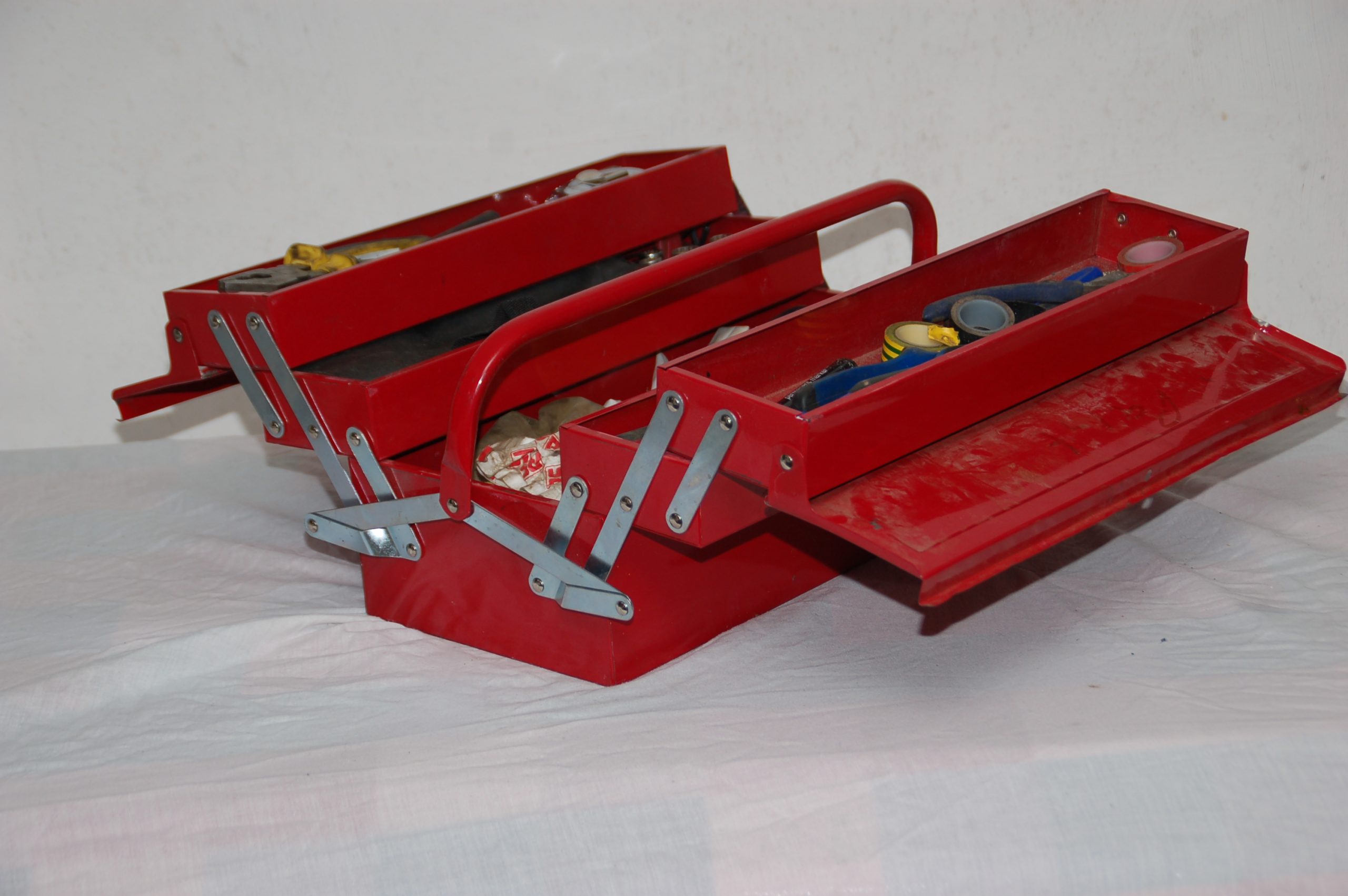


 passed since then, that for most people it’s become a distant memory. If you have ever talked with someone who went through the depression or a similar experience, saving money was more than something that needed to be done, it often was the difference between life and death.
passed since then, that for most people it’s become a distant memory. If you have ever talked with someone who went through the depression or a similar experience, saving money was more than something that needed to be done, it often was the difference between life and death. way to separate money that would be needed later. How was I going to do it? Several years ago, my wife and I found out about Dave Ramsey and his Financial Peace Program**. It is a program that teaches you to, “Live like no one else, so that later you can live like no one else.” The very first lesson he teaches is “Super Saving”. It is a common-sense approach to saving money and the reasons it is important to do so. This was great for my personal finances but wasn’t an exact fit for my business.
way to separate money that would be needed later. How was I going to do it? Several years ago, my wife and I found out about Dave Ramsey and his Financial Peace Program**. It is a program that teaches you to, “Live like no one else, so that later you can live like no one else.” The very first lesson he teaches is “Super Saving”. It is a common-sense approach to saving money and the reasons it is important to do so. This was great for my personal finances but wasn’t an exact fit for my business.
 While she was sleeping the bears came home to find that someone had been eating their porridge, sitting in their chairs and sleeping in their beds. Just then Goldilocks woke up and ran screaming from the house.
While she was sleeping the bears came home to find that someone had been eating their porridge, sitting in their chairs and sleeping in their beds. Just then Goldilocks woke up and ran screaming from the house. over. It often ends in disaster with unhappy customers and/or going out of business.
over. It often ends in disaster with unhappy customers and/or going out of business.
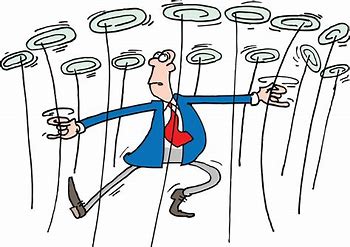
 There is a limit to how much a single individual can do. We can only run back and forth keeping the plates spinning for so long before they start falling and breaking. This means there is a maximum number of people that I can provide my services to by myself.
There is a limit to how much a single individual can do. We can only run back and forth keeping the plates spinning for so long before they start falling and breaking. This means there is a maximum number of people that I can provide my services to by myself.
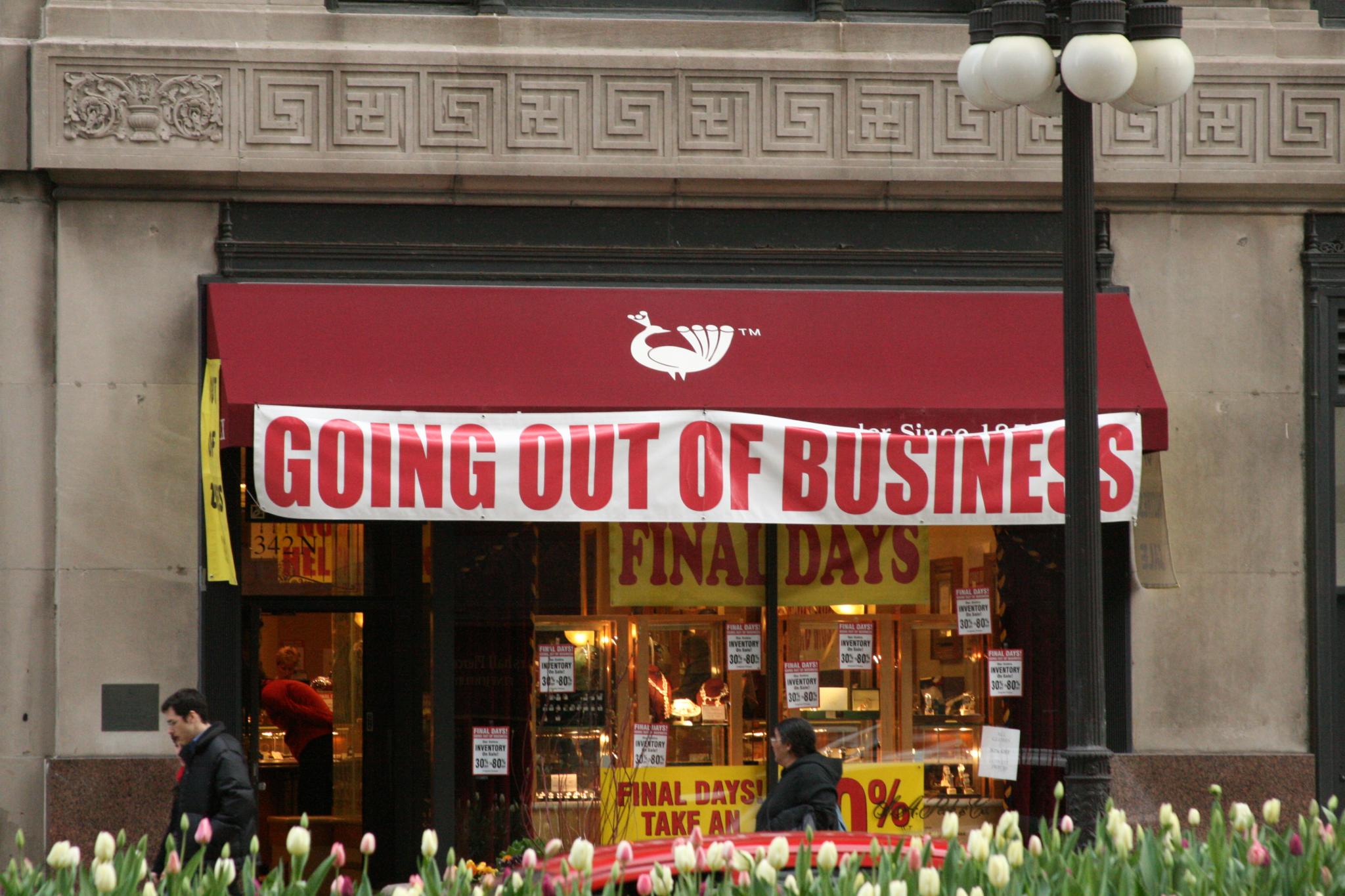
 It is common for people to start a business without a plan. Generally, someone has learned a trade or a craft and for whatever reason they decide to go into business on their own. Most of the time they have given little, if any, thought to business structure. They show up every day working hard and then…surprise, you owe some taxes and haven’t saved any money to pay them. They needed a plan, a blueprint for building the business.
It is common for people to start a business without a plan. Generally, someone has learned a trade or a craft and for whatever reason they decide to go into business on their own. Most of the time they have given little, if any, thought to business structure. They show up every day working hard and then…surprise, you owe some taxes and haven’t saved any money to pay them. They needed a plan, a blueprint for building the business.
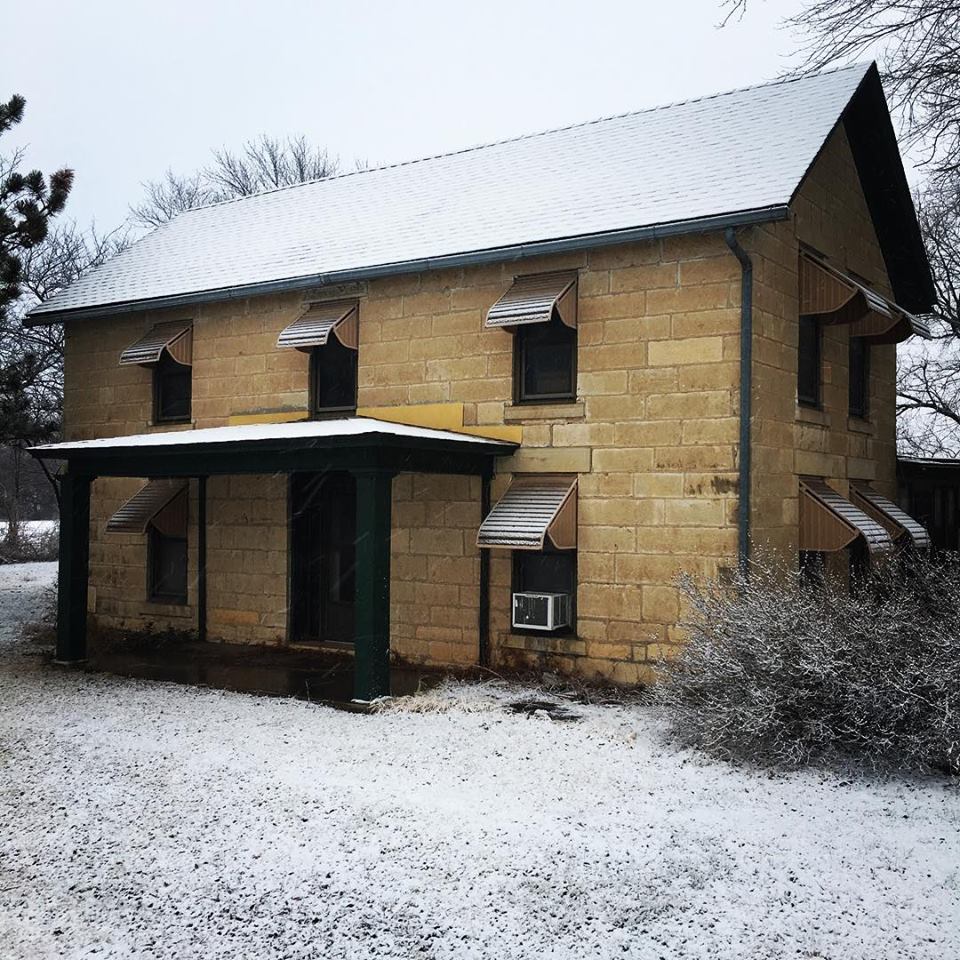

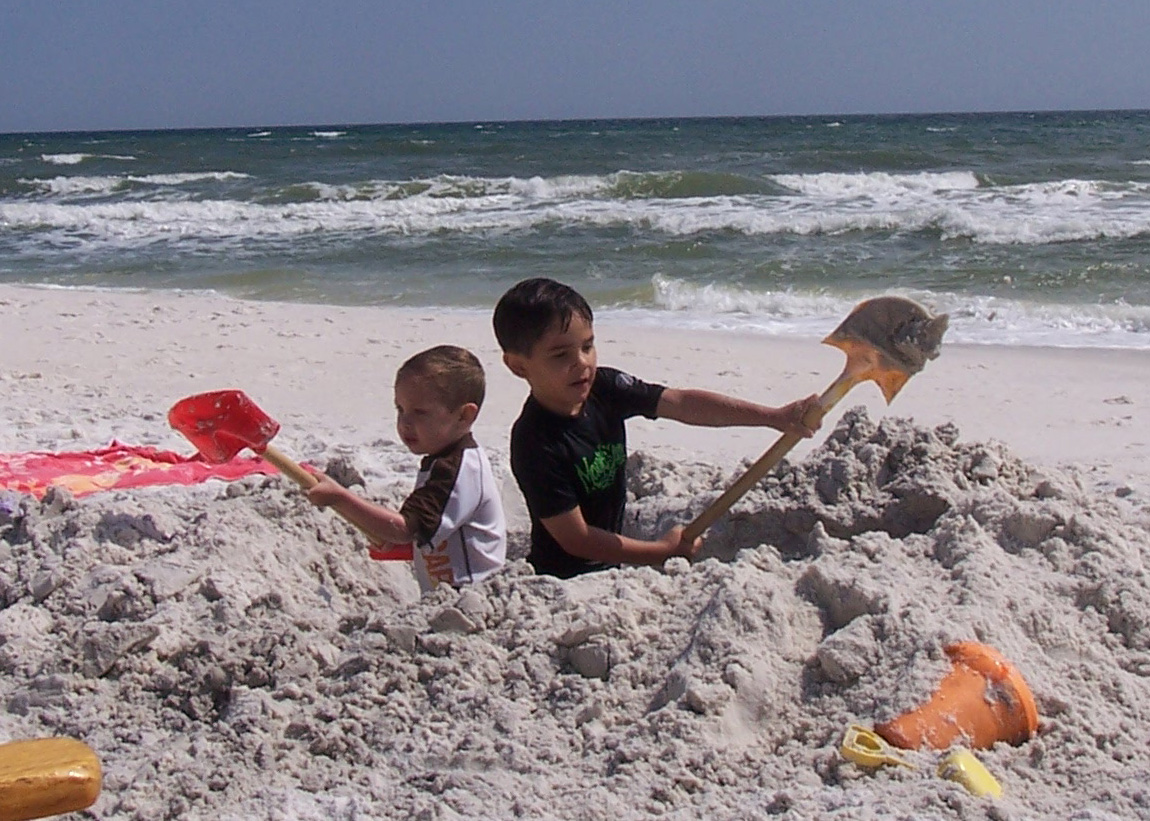
 The last several years I have been working hard to figure out who exactly God has designed me to be. What are my strengths and what are my weaknesses. As I have worked through this process I have reached the conclusion that God’s intended purpose for me is helping as many people as possible find solutions for building their dreams, even when they may not know they’re looking for them.
The last several years I have been working hard to figure out who exactly God has designed me to be. What are my strengths and what are my weaknesses. As I have worked through this process I have reached the conclusion that God’s intended purpose for me is helping as many people as possible find solutions for building their dreams, even when they may not know they’re looking for them.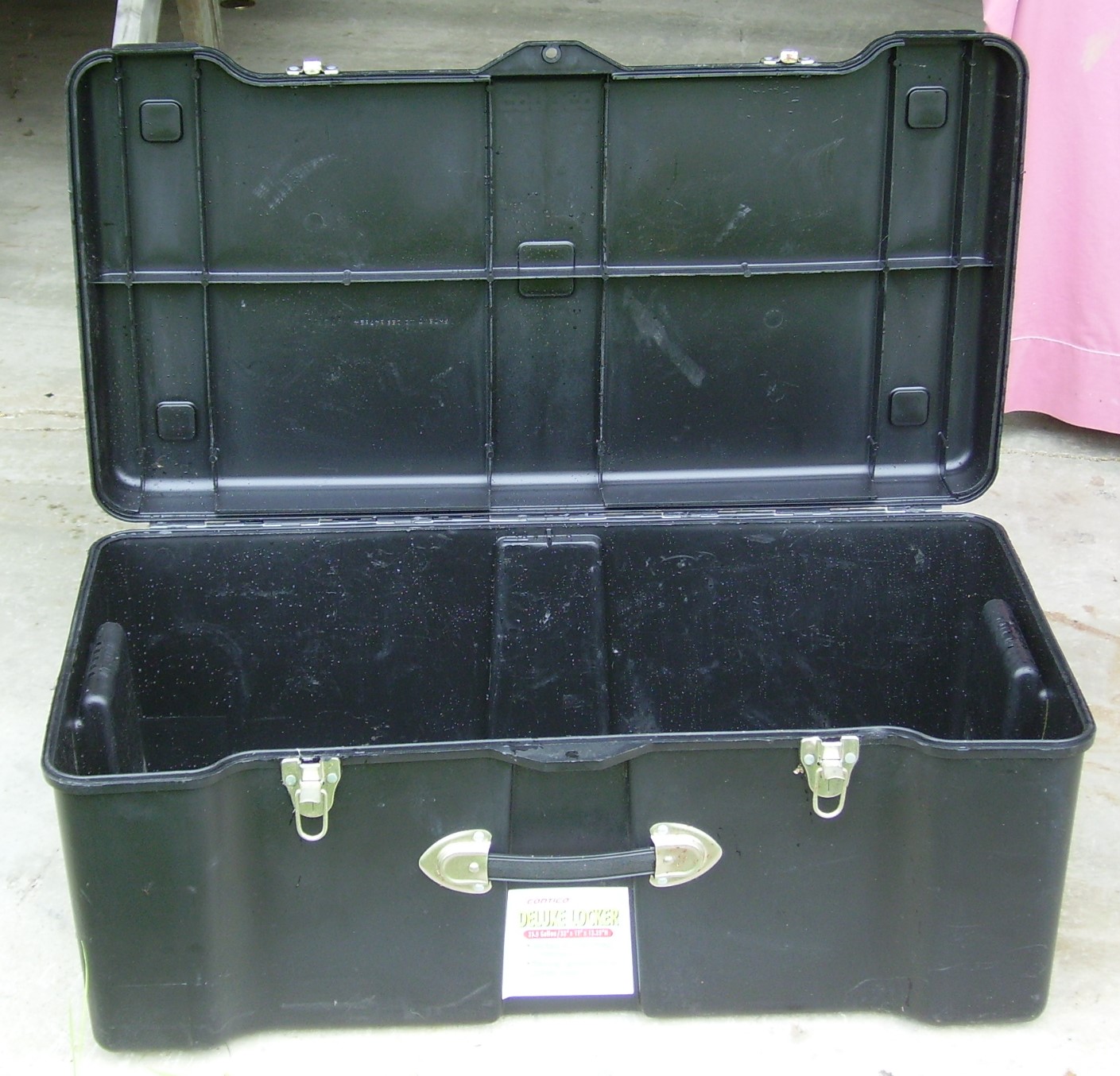

 During my thirty-five plus years of continually working to achieve and maintain some level of control I have used a whole lot of different tools. Some were old school some high tech. To this point the best tool I have found for organizing and communicating is Microsoft OneNote. This tool is great for organizing and communicating. It does so much, so well, that I don’t need a bunch of different apps that do different things and don’t sync well across different systems and devices.
During my thirty-five plus years of continually working to achieve and maintain some level of control I have used a whole lot of different tools. Some were old school some high tech. To this point the best tool I have found for organizing and communicating is Microsoft OneNote. This tool is great for organizing and communicating. It does so much, so well, that I don’t need a bunch of different apps that do different things and don’t sync well across different systems and devices.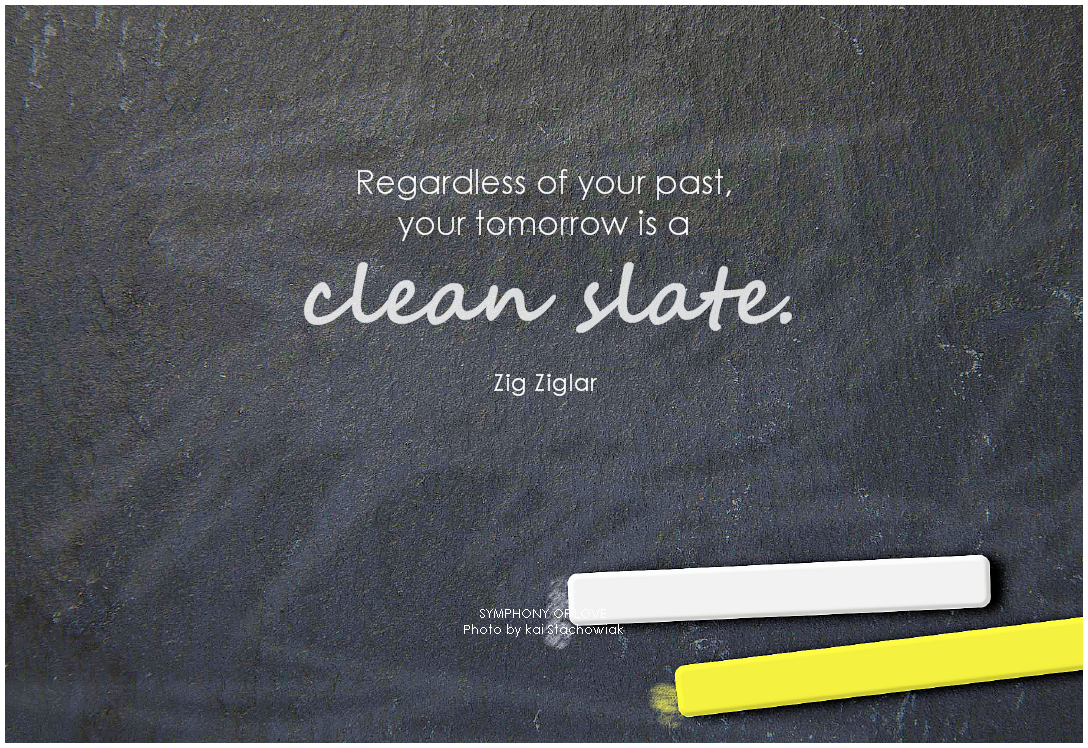


 Don’t be a turkey. Make a plan before you start across the road and stick with it. Don’t stop in the middle of the road. You can continue to improve on the plan every day if you keep moving.
Don’t be a turkey. Make a plan before you start across the road and stick with it. Don’t stop in the middle of the road. You can continue to improve on the plan every day if you keep moving.